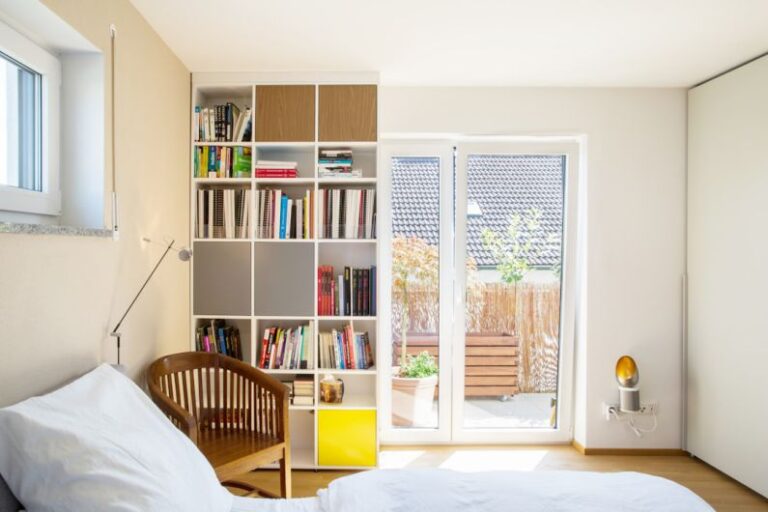The Importance of Indoor Air Quality and How to Improve it
The air we breathe plays a crucial role in our overall health and well-being. While many of us are conscious of the quality of the air outdoors, it is equally important to consider the air quality indoors. Poor indoor air quality can have a significant impact on our health, leading to various respiratory issues and allergies. In this article, we will discuss the importance of indoor air quality and provide practical tips on how to improve it.
Understanding Indoor Air Quality
Indoor air quality refers to the quality of the air within buildings and structures as it relates to the health and comfort of the occupants. Poor indoor air quality can be caused by a variety of factors, including inadequate ventilation, high humidity levels, and the presence of pollutants such as dust, pet dander, and mold spores. Common symptoms of poor indoor air quality include coughing, sneezing, headaches, and fatigue.
The Importance of Indoor Air Quality
Ensuring good indoor air quality is essential for maintaining a healthy living environment. Poor indoor air quality can exacerbate respiratory conditions such as asthma and allergies, leading to increased symptoms and discomfort. Long-term exposure to indoor air pollutants has also been linked to more serious health issues, including respiratory diseases, cardiovascular problems, and even cancer.
Tips to Improve Indoor Air Quality
1. Ventilate Your Home: Proper ventilation is key to maintaining good indoor air quality. Make sure your home is well-ventilated by opening windows and using exhaust fans in areas like the kitchen and bathroom to remove pollutants and excess moisture.
2. Keep Your Home Clean: Regular cleaning is essential for reducing indoor air pollutants such as dust, pet dander, and mold. Vacuum and dust your home frequently, and consider using a HEPA filter in your vacuum cleaner to trap smaller particles.
3. Control Humidity Levels: High humidity levels can promote the growth of mold and mildew, which can negatively impact indoor air quality. Use a dehumidifier to keep humidity levels between 30-50% to prevent mold growth and maintain a comfortable living environment.
4. Avoid Smoking Indoors: Smoking indoors can introduce harmful chemicals and pollutants into the air, compromising indoor air quality. If you smoke, do so outdoors to prevent the buildup of indoor air pollutants.
5. Use Natural Cleaning Products: Many conventional cleaning products contain harsh chemicals that can release harmful fumes into the air. Opt for natural cleaning products or make your own using ingredients like vinegar, baking soda, and essential oils to reduce indoor air pollutants.
6. Add Houseplants: Houseplants not only add a touch of greenery to your home but also help improve indoor air quality by absorbing carbon dioxide and releasing oxygen. Some plants, such as spider plants and peace lilies, are particularly effective at filtering out pollutants.
7. Test for Radon: Radon is a colorless, odorless gas that can seep into homes through cracks in the foundation. Long-term exposure to radon has been linked to lung cancer, making it essential to test your home for radon and take steps to mitigate any issues.
Improving indoor air quality is crucial for creating a healthy and comfortable living environment. By following these tips and being mindful of potential indoor air pollutants, you can ensure that you and your family breathe clean, fresh air while enjoying the comforts of home.






